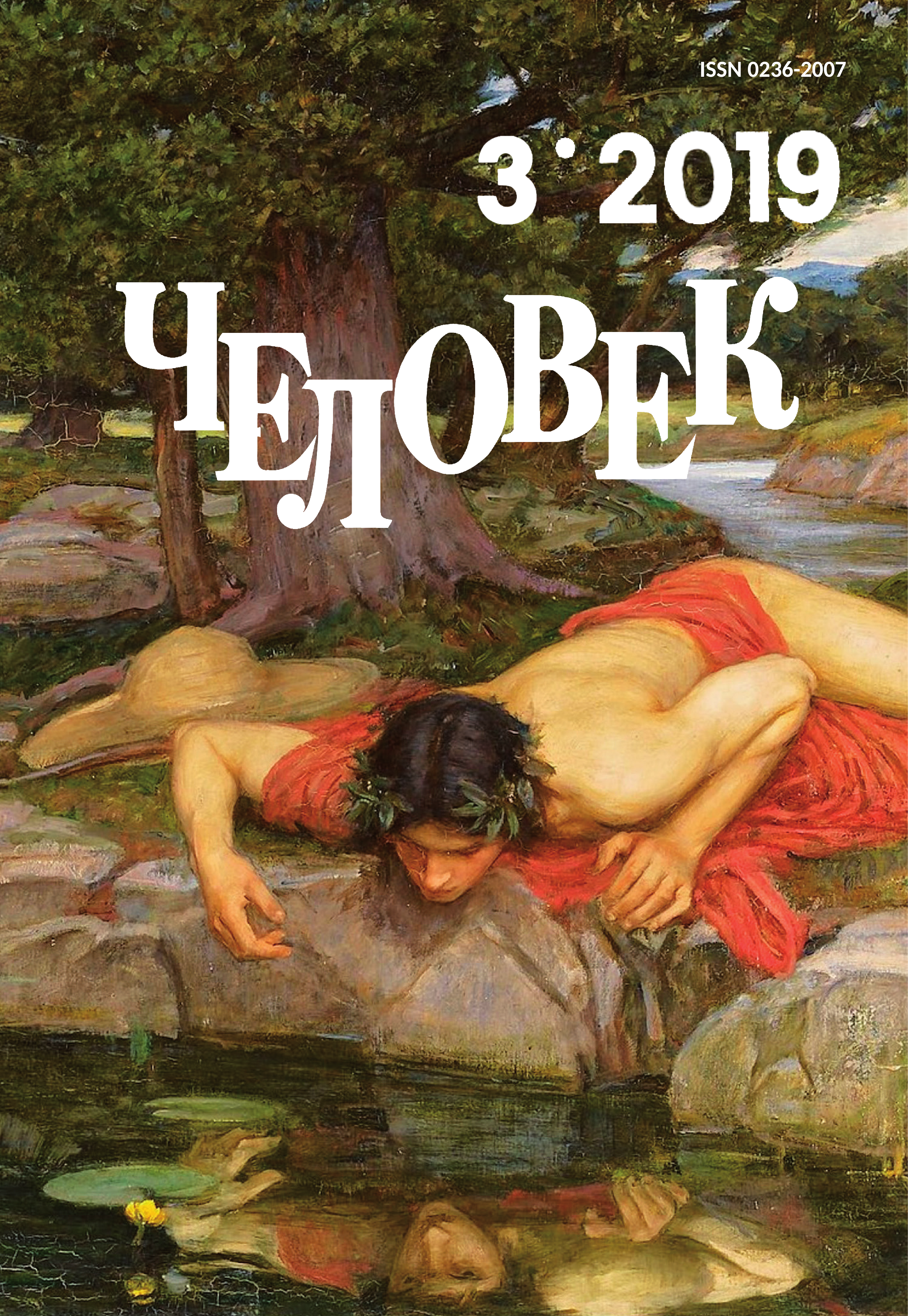Hegel and Schelling: Their Comprehension of the French Revolution
The project's Creator and moderator — Julia V. Sineokaya
Keywords:
G.W.F. Hegel, F.W.J. Schelling, F. Hölderlin, Great French revolution, German idealism, Tübinger StiftAbstract
The close connection between the philosophy of German idealism and the experience of the Great French revolution is one of the most important factors of the formation of the German classical philosophy. The speakers delineated the specific features of the cjcial and historical situation in Germany at the end of XVII – the beginning of the XIX. Century as a objective historical problem and as a mein factor of the comprehension and evaluation of the French revolution, analised the characteristic featuers of the experience of the revolution among the student of the theological institute of Tubingen (Tubinger Stift), discussed the question about Hegels and Schellings attitude to the mein slogans of the French revolution and their possible patrticipation at the activities of a student's political club. Among the most important things they addressed were the processes of re-thinking the French revolution by Hegel an Schelling after its end and the overcoming the revolutionary trauma in their later works.






